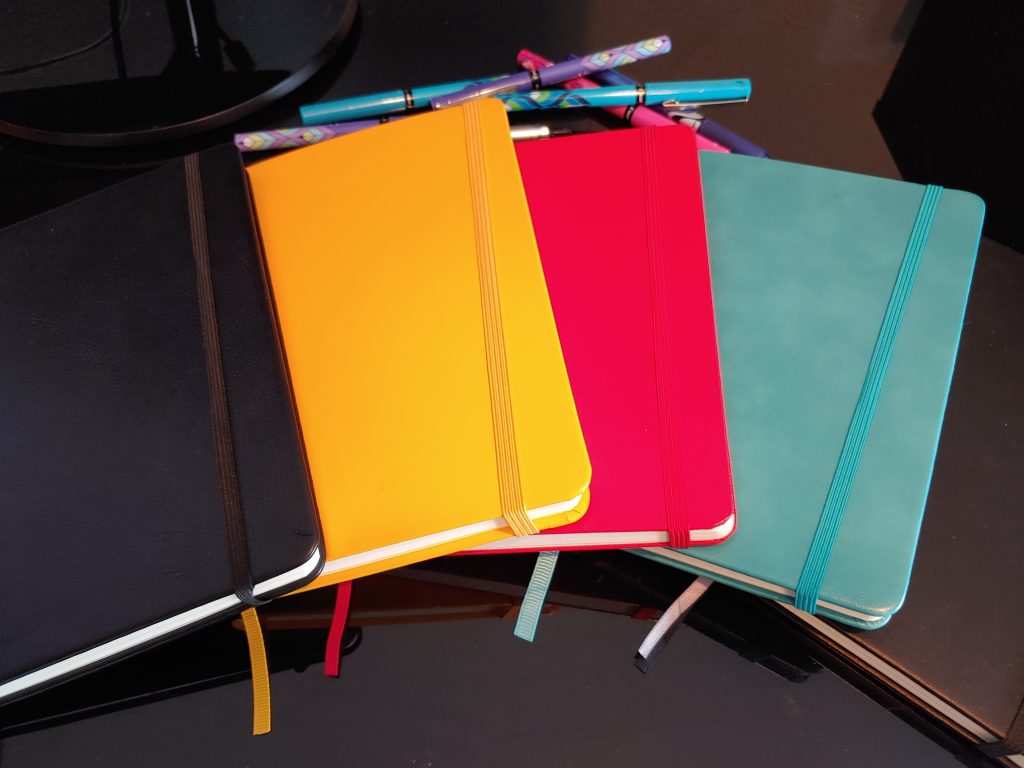Business Book Review: Never Split the Difference

Welcome to Business Book Reviews on The Indiepreneur! Wondering if that business book all your entrepreneur friends are talking about is worth a read while you’re waiting for the next episode of Ted Lasso? Then read on:
High Level Summary of Never Split the Difference
Worth a Read for Indiepreneurs?: Yep
What it does well: Helps demystify negotiations. Turns the process from a war into something much more understandable. And less bloody.
What it doesn’t do: get you to the negotiating table in the first place. This isn’t a sales book. That part you have to do yourself.
Overall Thoughts
During a networking group a few years ago, one of the marketers in the group mentioned Chris Voss’s Never Split the Difference: Negotiating As If Your Life Depended on It as one of her favorite books. I filed that information away in the back of my brain as a negotiating book that I never wanted to touch.
I know negotiating is necessary, but even thinking about it brings to mind thoughts of Jack Donaghy and the Hollywood negotiation shootouts. In my mind, it’s a war between Type A aggressive types fighting to get every last dollar violently ripped from your pocket. It brings to mind those people who show up at your door at 3:32 pm on a Saturday afternoon that you can’t ignore because your kids yell and the dog barks and they know you’re home, and ignoring those strangers would hurt their feelings, so instead you open the door to have them try to convince you to buy another vacuum or pest control service. Even though there’s no chance you’re going to buy it.
So, yeah, I’m not a fan of all of that.
Finally, though, I broke down and read the book. And it turns out it was really quite good.
Yes, Chris Voss is clearly an assertive type (something he specifically says later), but his information is designed to be used by anyone. He’s used it for years, but he’s also taught it for years, and his end product has clearly been refined through experience by him and others.
It’s worth a read in full. As a former FBI hostage negotiator, he uses personal stories ranging from kidnapping negotiations to buying a car, each a well crafted and interesting tale that illustrates the topic that he’s trying to get across.
I haven’t been able to put his full teachings into practice (thanks, COVID), but I have used some of the tips on my kids. And, if nothing else, it has kept them talking to find their real concerns.
Key Takeaways
These are the important points that I found while reading through it.
3 Negotiating Types
It’s a very human worldview that everyone is like us. We’re naturally egocentric. And it hurts us in negotiations.
Chris Voss has distilled people into three negotiating types: Assertives, Accommodators, and Analysts. The assertive types are the ones shown in Hollywood, your Blake (yet another Alec Baldwin character) from Glengarry Gary Ross. Yet it turns out the Assertives don’t often get the best business deals. They’re the ones who are constantly pressing, and if it’s done wrong, it can make the person on the other side of the table shut down.
And as an Accommodator type, I can definitely relate to that. When someone presses me, I try my very best to keep the person happy…without actually giving them the sale. So they keep talking, thinking that my head nods and smiles are me agreeing. This leads to everyone wasting their time.
This section is a very minor part of the overall book, but it’s an important read as a reminder that just because the other person is silent doesn’t mean that they’re being cold. Or that it’s time for you to talk.
Mirroring
Voss spends a lot of time discussing how to get genuine rapport with the person on the other side of the negotiation. That can be tricky, since it’s rarely enough to point out their cool fish on the wall. One of the tricks Voss mentions is Mirroring. This means mirroring their behavior, but also their speech, basically echoing their last statement as a question to make it clear that they’re listening.
This is the technique that I’ve been practicing on my kids, and it has worked so far. Both to connect and get to the bottom of the issue.
Daughter: “My teacher isn’t being fair!”
Me: “Isn’t fair?”
Daughter: “She didn’t give me Goodbucks today!”
Me: “No Goodbucks?”
Daughter: “Yeah, she gave it to everyone else, but not to me for doing the same thing!”
Me: “The same thing?”
Daughter: “Yes, the same thing…except I forgot my spelling homework at home.”
And just from the mirroring, I got to the real problem. Though it hasn’t helped her figure out her teacher.
The Word “No”
Everyone is afraid of the word “no” in sales. Yet “no” is the way that you find more. Voss purposefully sets up questions at the beginning of a negotiation to get to “no,” since people saying “no” makes them feel more in control.
At the same time, when you’re talking, it’s good to say “no” without actually saying “no” to get a better deal. Voss lays out “The Four No’s,” which serves as a way to get people to negotiate with themselves.
Partner, Not Competition
The person sitting apart from the negotiating table from you is not your competition. This isn’t war. That’s the advice coming from an FBI agent who literally negotiated with terrorists. Which, despite what the movies like to say, is apparently something that we do as a country…or at least do on other’s behalf.
So often we’ll get wrapped up in winning or losing the negotiating war, like the person on the other side of the table is some invading horde to decimate. But that’s simply not true. You’re working together. And if you ever get mad at something in the negotiation, it’s the offer or the situation that you’re upset about, not the person presenting it.
Check Your Emotions – Especially with Fair
On a related note, make sure to check your emotions at the negotiating table. Once emotions get in the way, it’s a lot harder to get into good situation.
Voss specifically points out the dangers of using the word “fair.” There’s a good way to use it, but so often it’s lobbed across the table to throw you off (or for you to throw the other person off).
The trouble is that when someone says something is “fair” or is “not fair,” human nature is to acquiesce and give them what they want. But it makes everyone feel worse later.
So watch out when people use the word. And be careful how you use it yourself.






[…] Never Split the Difference […]
[…] Never Split the Difference – Negotiating at work and in life […]